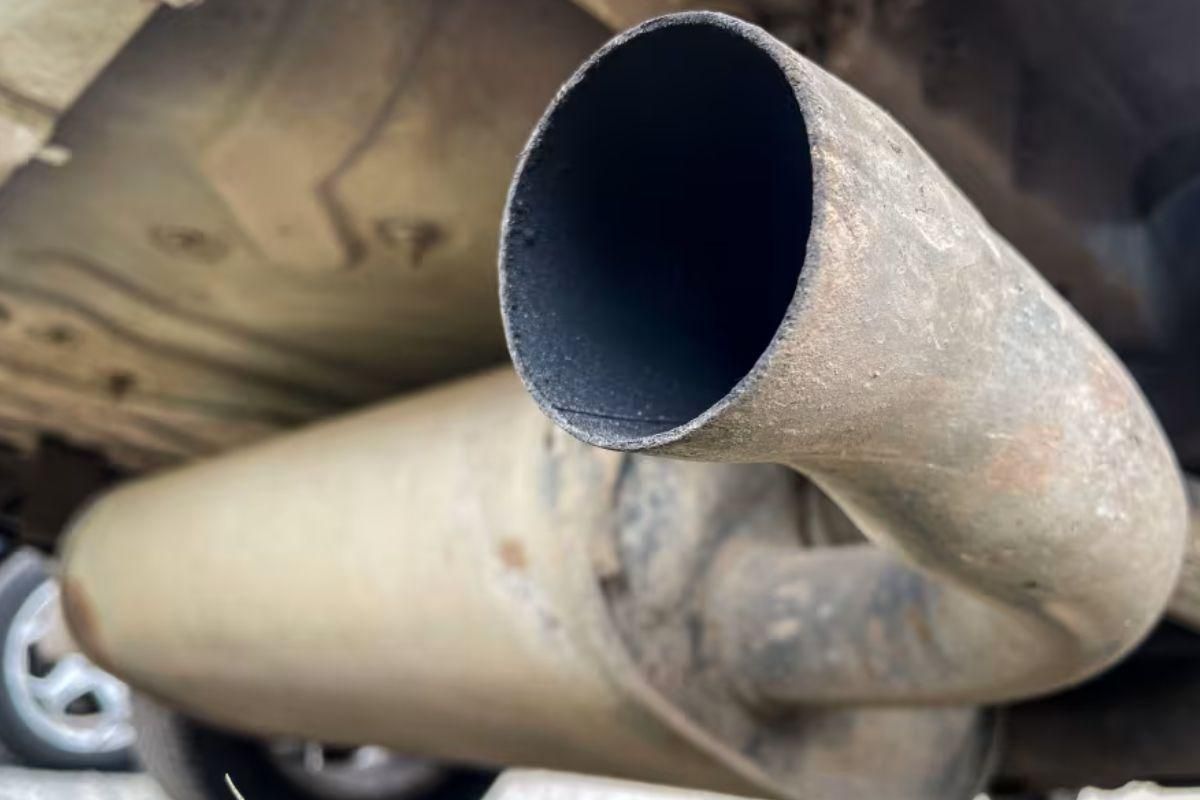A “crucial” Michigan bill that would steepen penalties for modified exhaust kits is nearing a potential vote in the state’s lower chamber.
House Bill 5696 is on third reading, the last step before being brought to the full House for a final vote. If the House passes it, the legislation would move to the Michigan Senate for consideration.
Specifically, the bill would allow police to impound or tow vehicles from public or private places that have mufflers or other exhaust parts causing the car to exceed statutory noise limits. Limits vary depending on what speed a vehicle is traveling, but acceptable noise for light-duty vehicles in Michigan is capped at about 90 decibels.
“If it goes forward [and] they're going to be going after the vendors, it's going to be crucial to my guys,” Michigan Independent Auto Dealers Association (MIADA) Executive Director Annette Chapman told Autobody News. “Crucial.”
MIADA members include dealers and repair shops, Chapman said.
The legislation would raise civil fines for first-time offenders from $100 to $500 for excessively loud exhausts. Second-time offenders would be required to pay a civil fine of $1,000, and third-time offenders would be guilty of a misdemeanor punishable by a $1,000 fine.
The legislation defines offenders as technicians who alter exhaust kits to amplify noise and drivers of the cars that bear them, according to a statement from the office of Democratic State Rep. Natalie Price, the bill’s sponsor.
If the legislation becomes law, it could prompt law enforcement to pay more attention to loud exhausts. That would potentially incur more scrutiny for installing shops, making the bill relevant for aftermarket suppliers, used car dealers and collision repair shops that sell used cars.
The issue of modified exhausts periodically arises in the state legislature, according to Chapman. The topic raises eyebrows among Michigan’s automotive sales and repair community whenever it comes up.
Souping up exhausts isn’t the most common activity that MIADA’s members perform, but some mom-and-pop shops do it, generally operating under the assumption that such modifications are aboveboard and legal, she said.
“They're obviously trying to work with their customer, right? That's what they're in the business to do,” Chapman added. “They always want to be compliant.”
In a statement, Price said her constituents have cited automotive noise as a concern, particularly in Oakland County, which comprises most of Detroit’s northwestern suburbs.
“Modified exhausts aren’t just a nuisance but cause real harm, especially for vulnerable community members including young children, seniors, veterans living with PTSD and folks undergoing at-home healing,” Price said in a statement. “The law as currently written doesn’t enable local law enforcement to take action. My bill corrects that.”
The Michigan House Transportation, Mobility and Infrastructure Committee in June advanced House Bill 5696 on a bipartisan basis.
Defendants who submit sufficient proof before their court date that modified exhausts have been brought back within statutory limits would see their fines withdrawn, according to the bill.
Grace would also be extended for those with vehicles in disrepair, noted Price’s office.












Brian Bradley